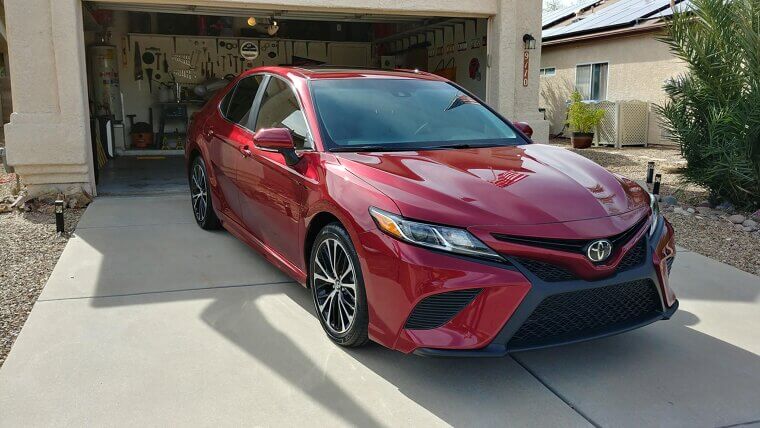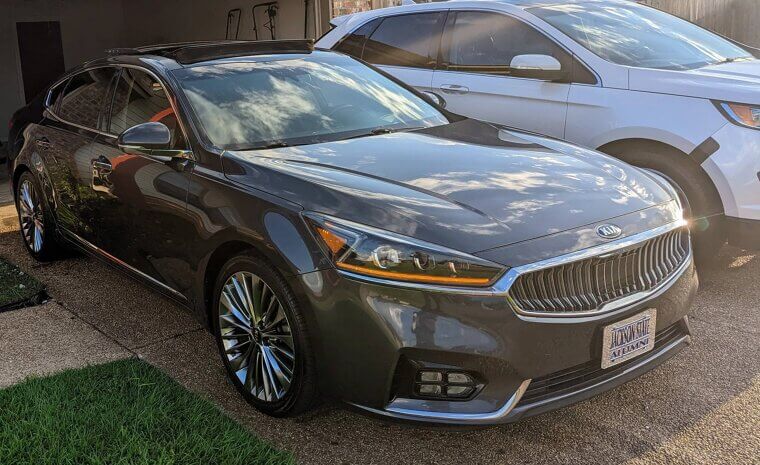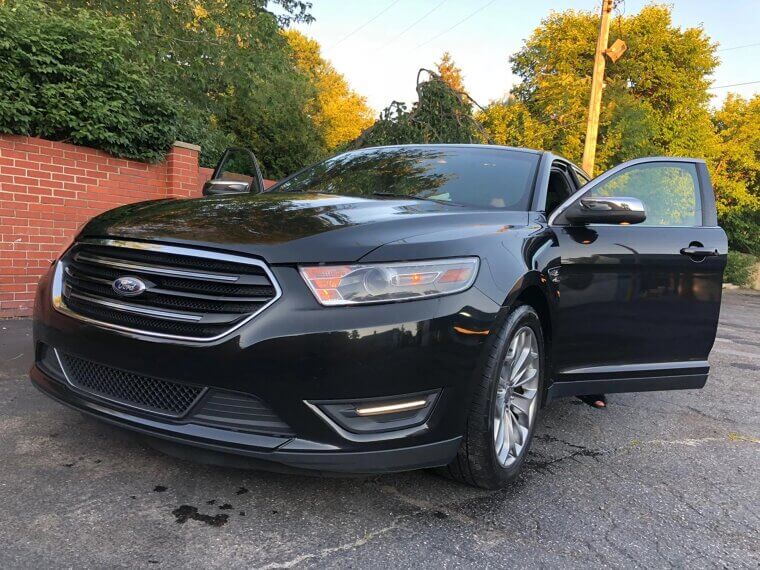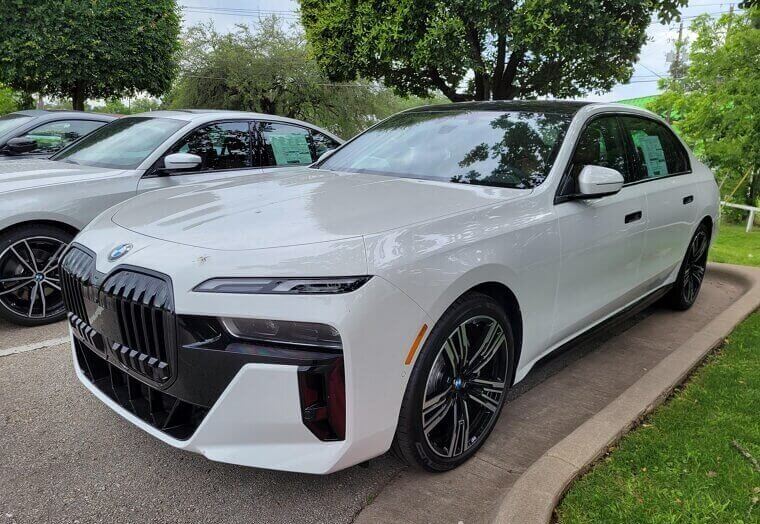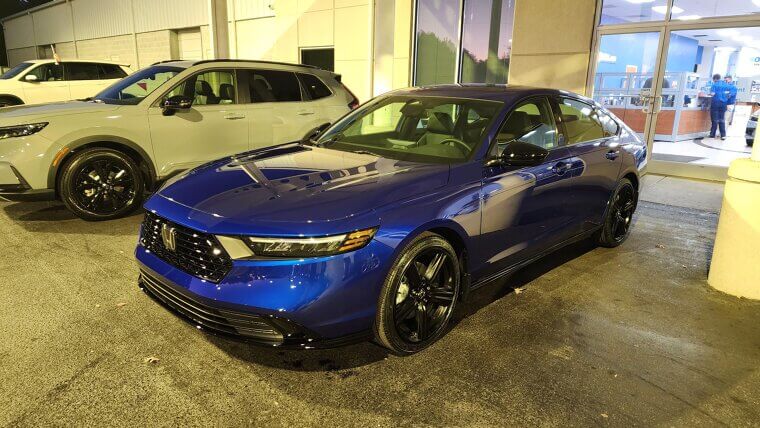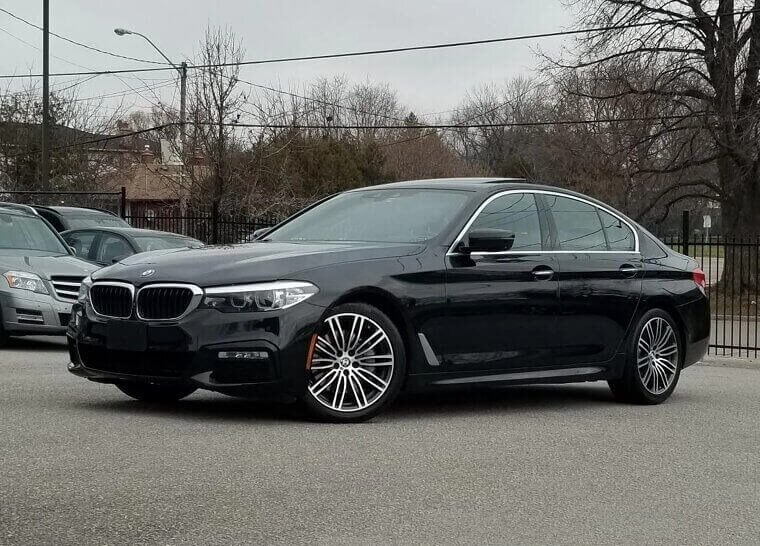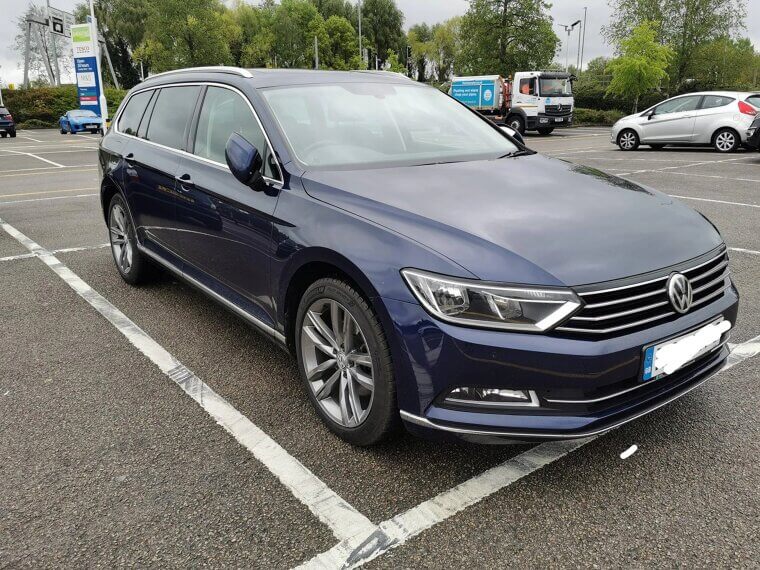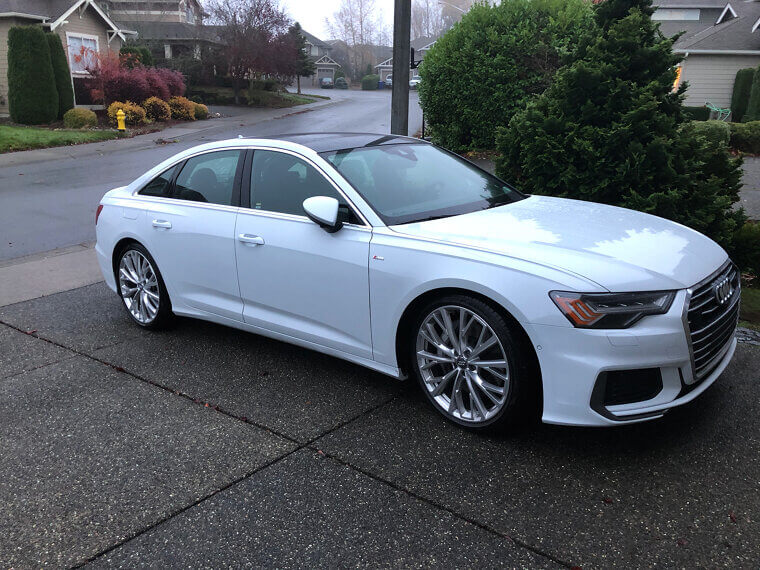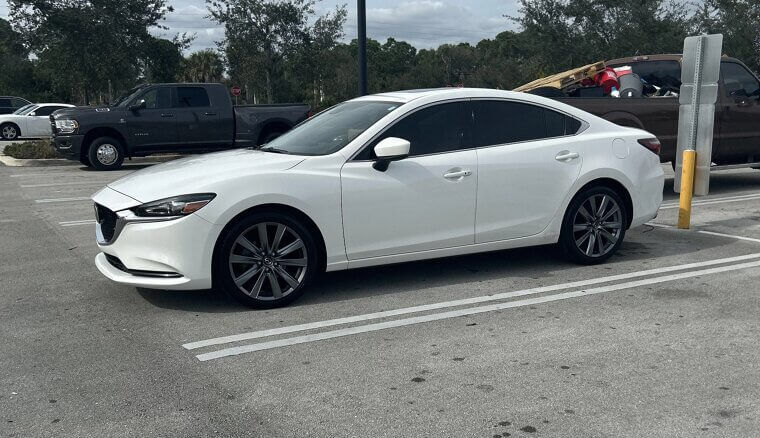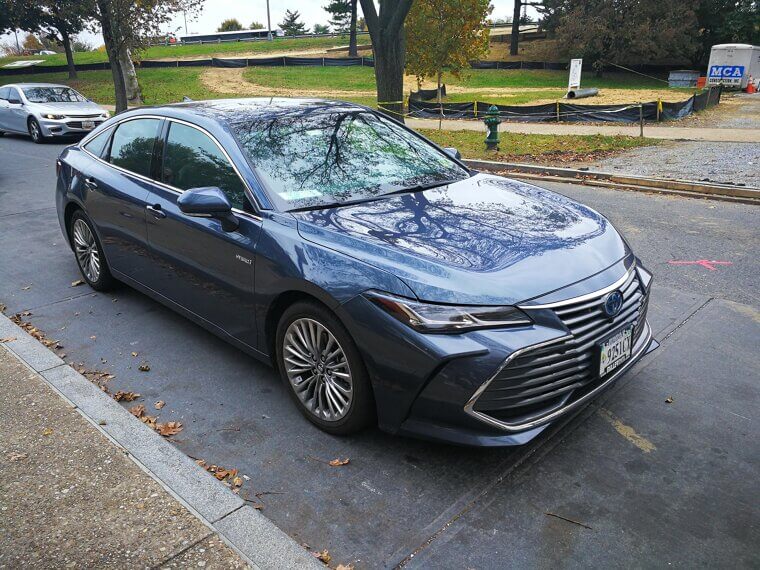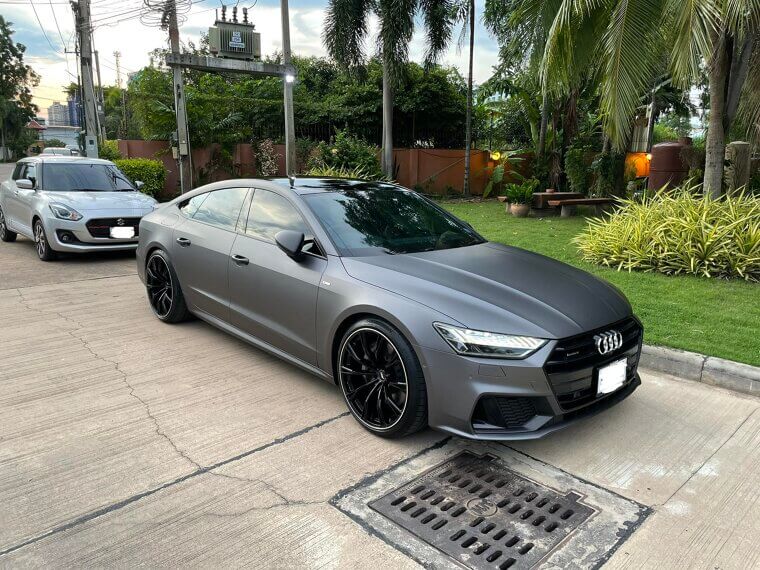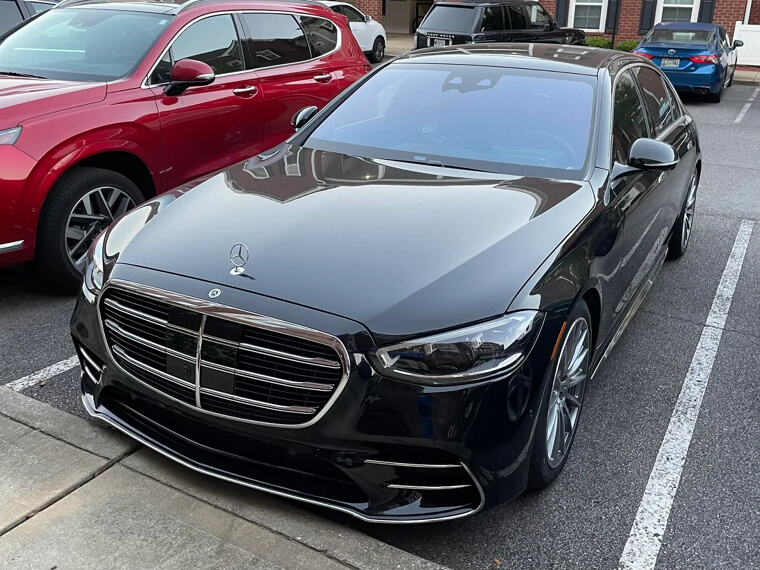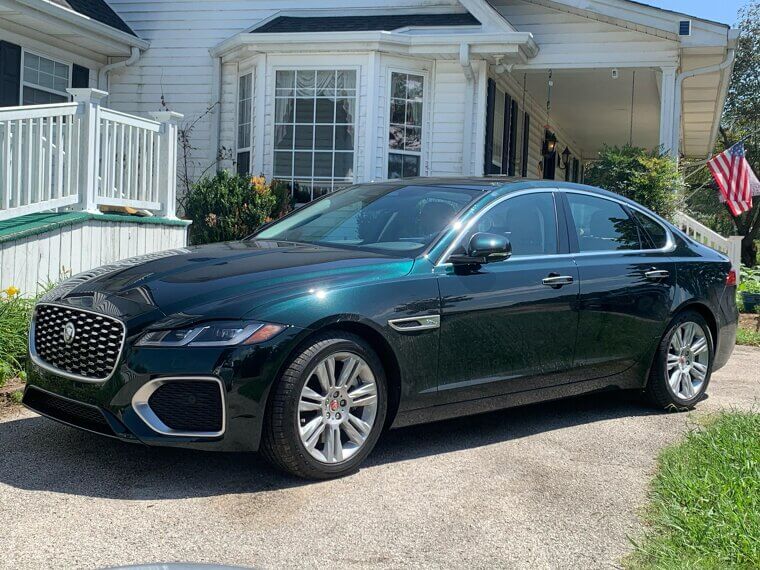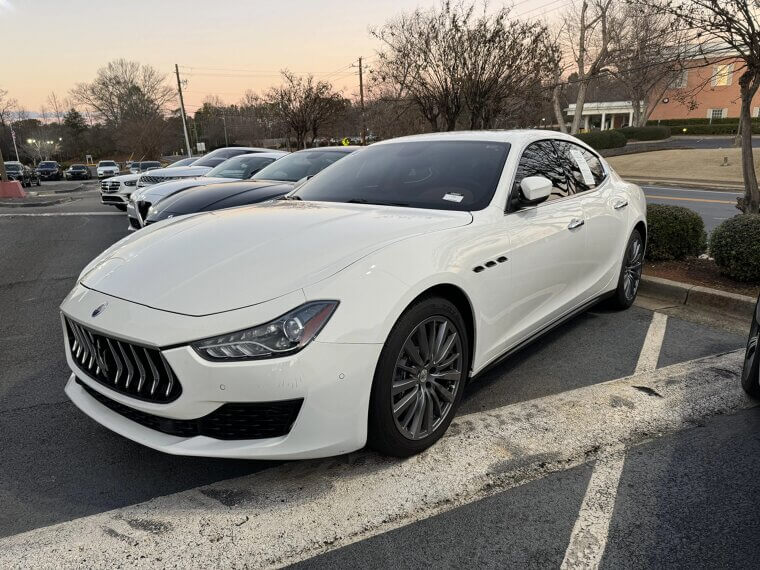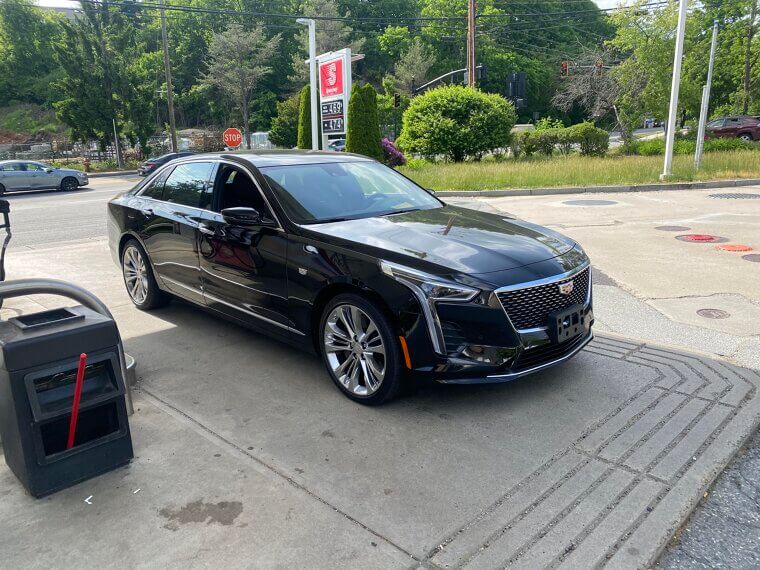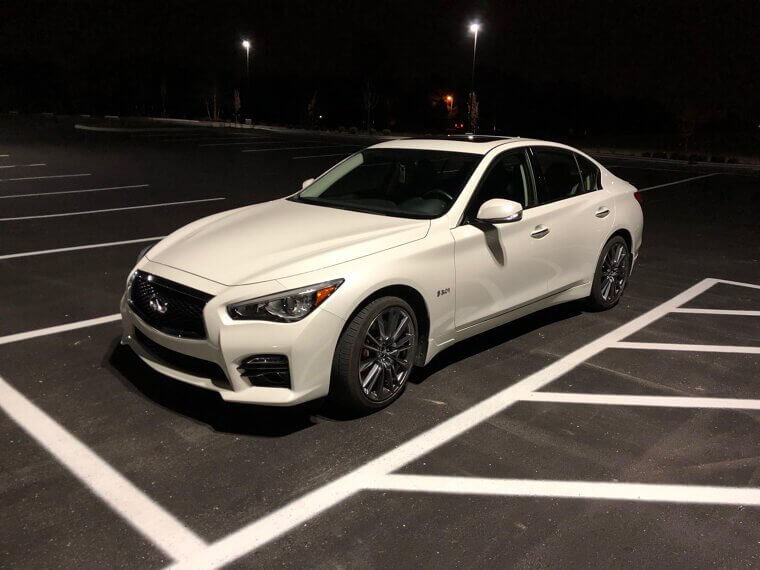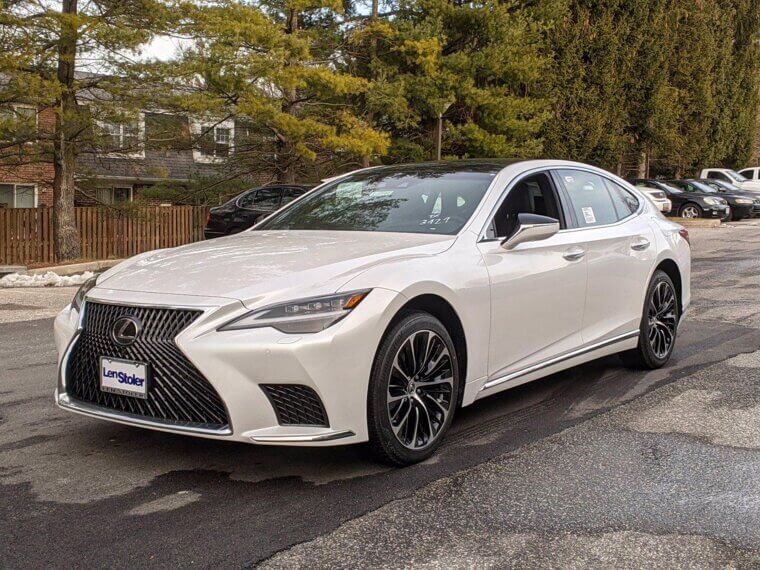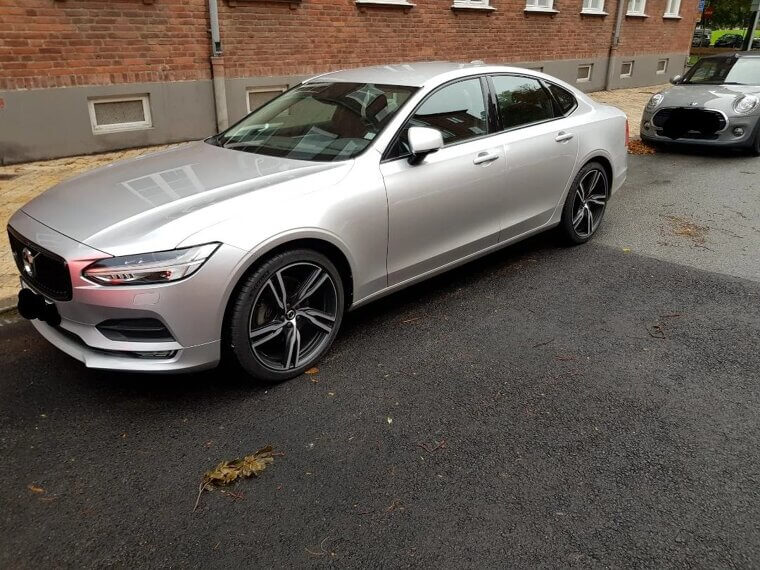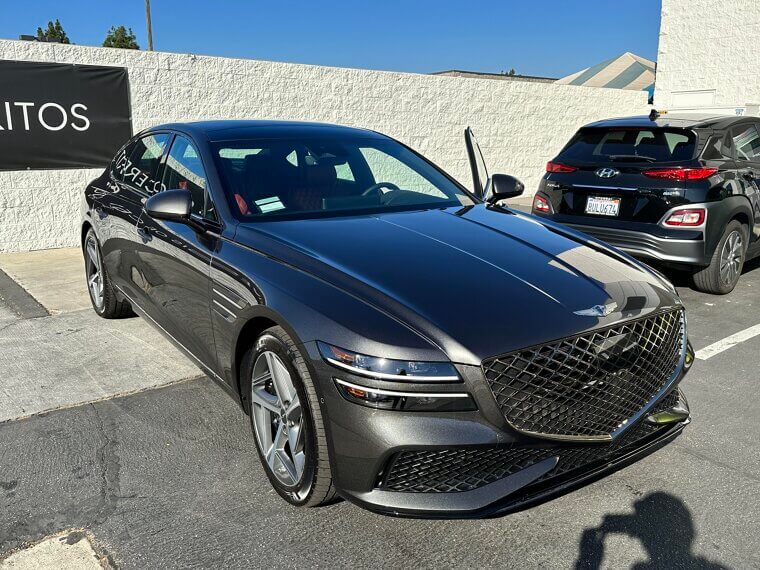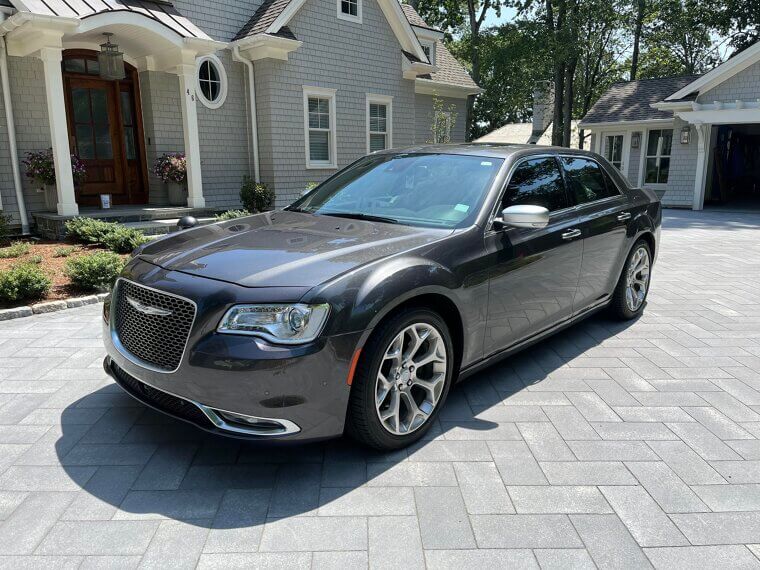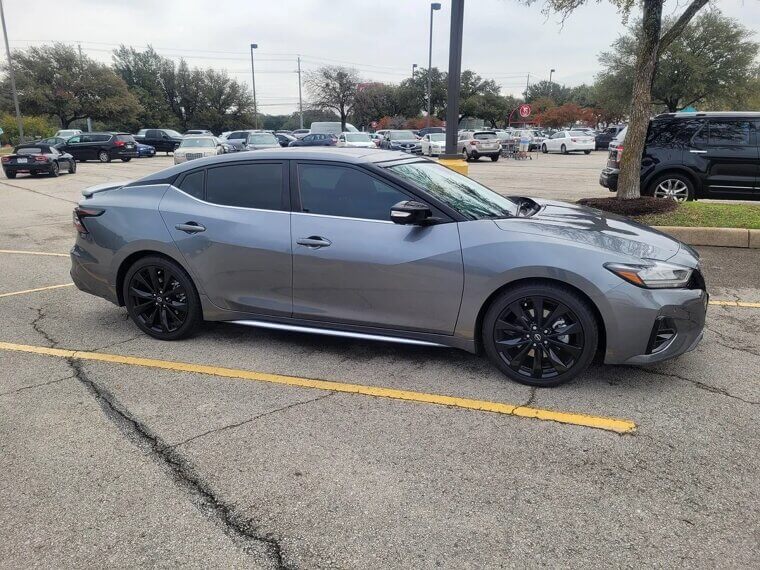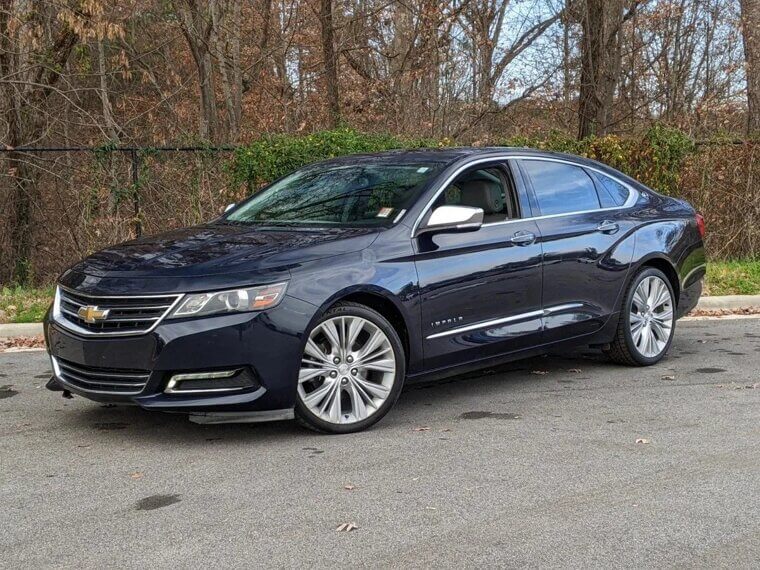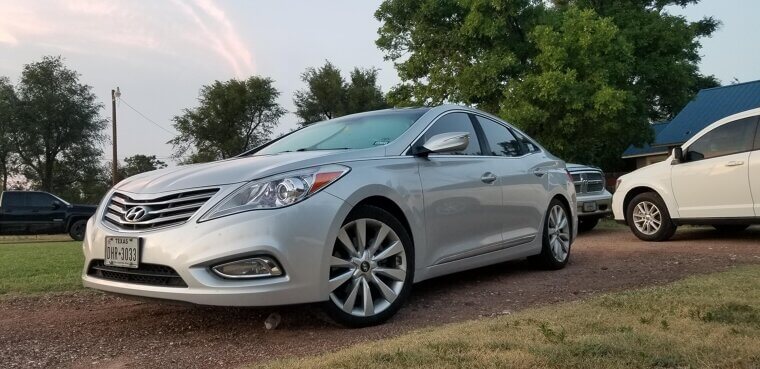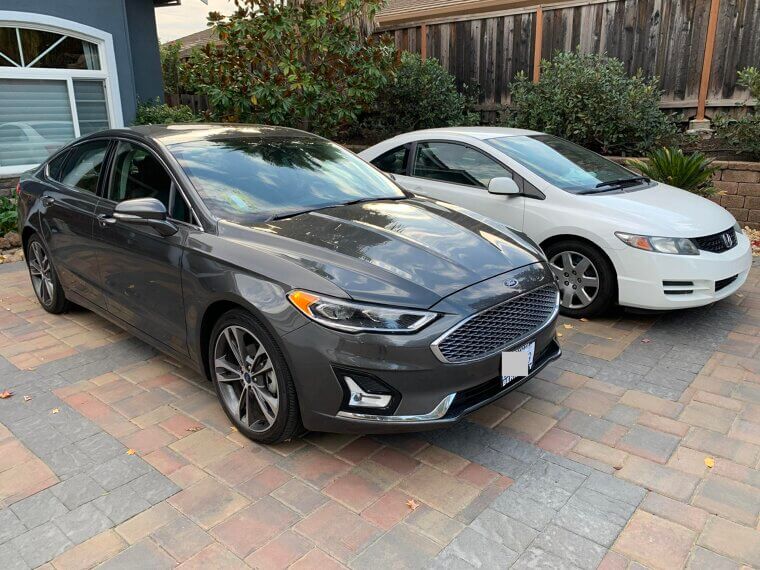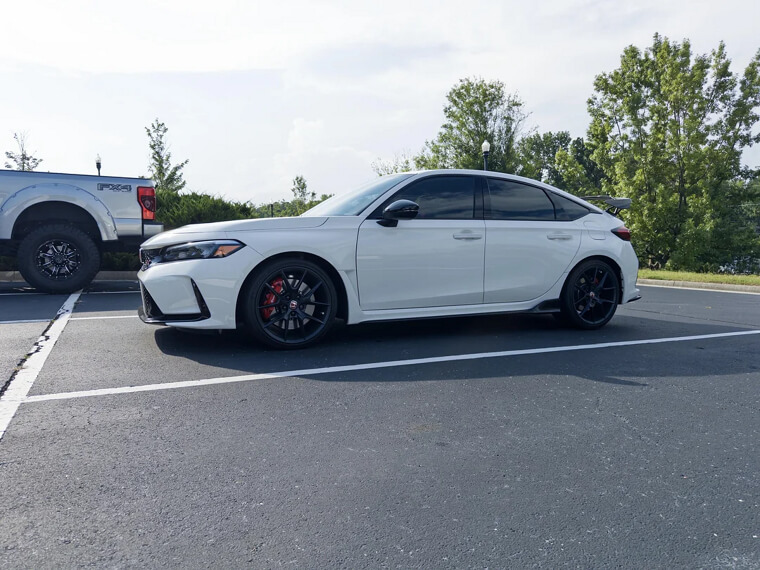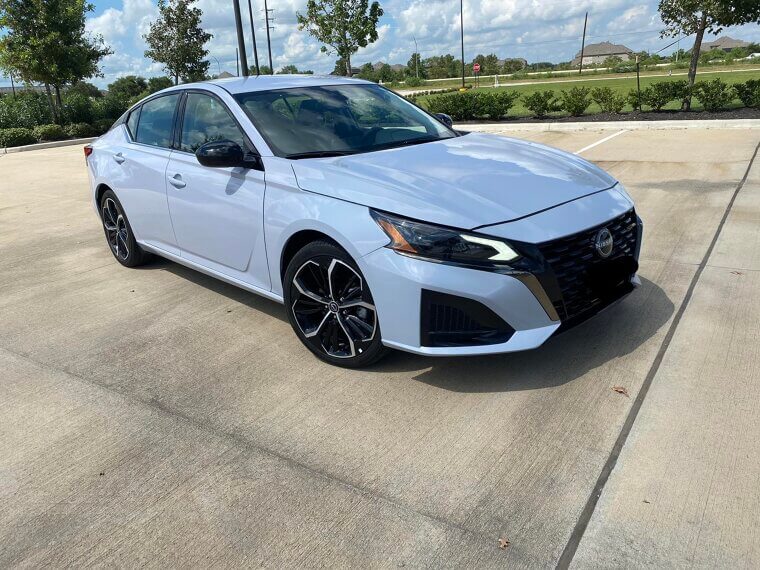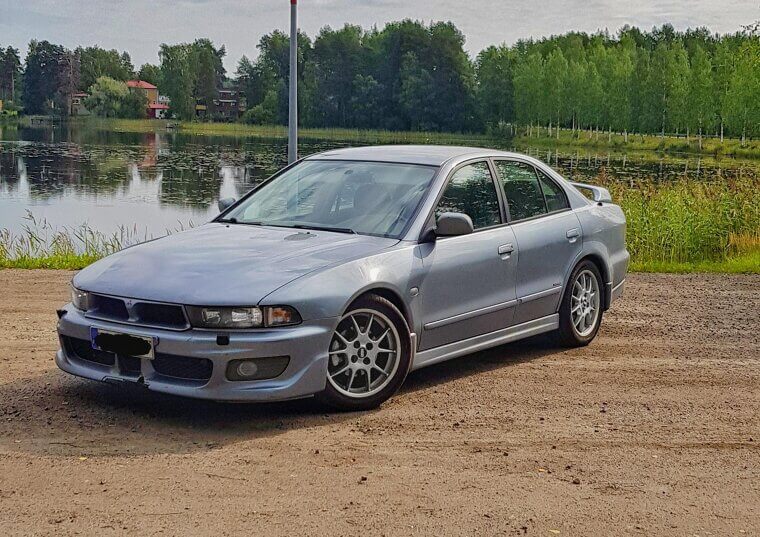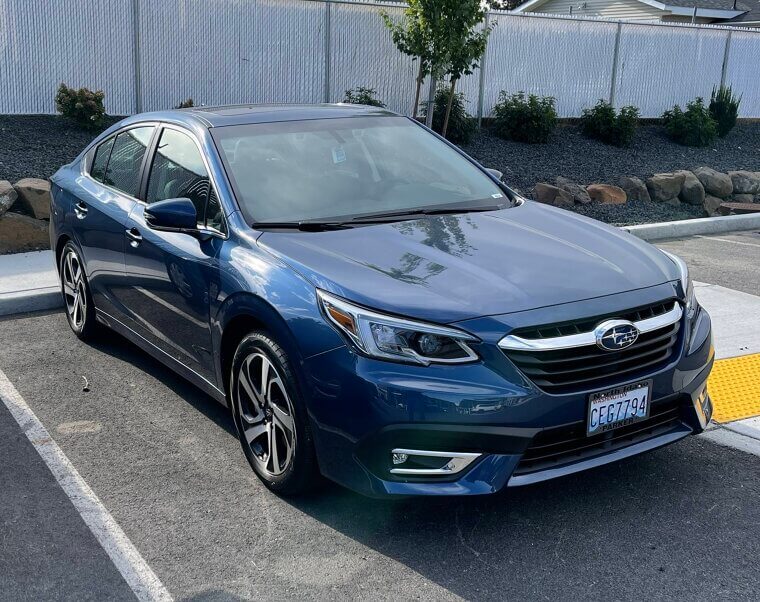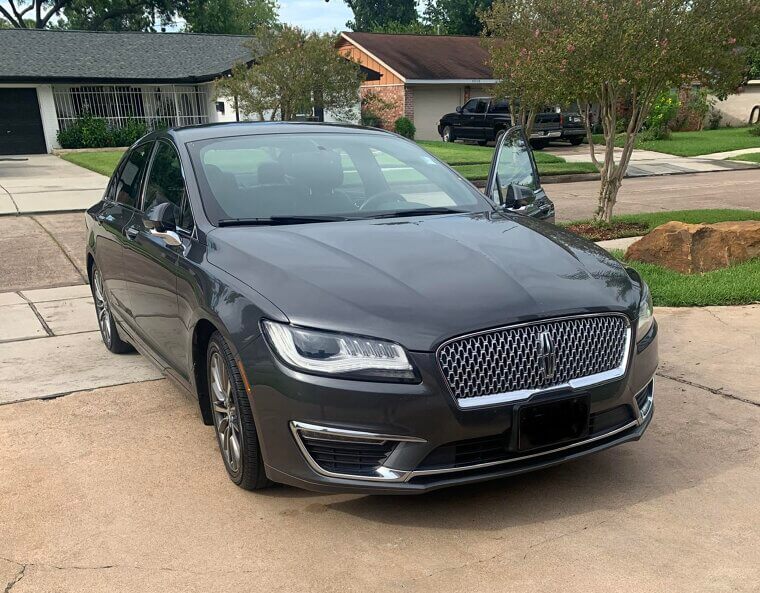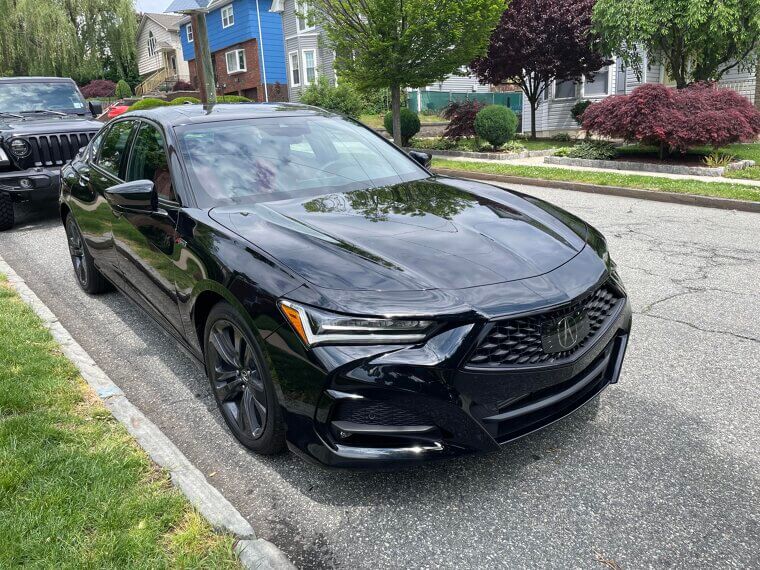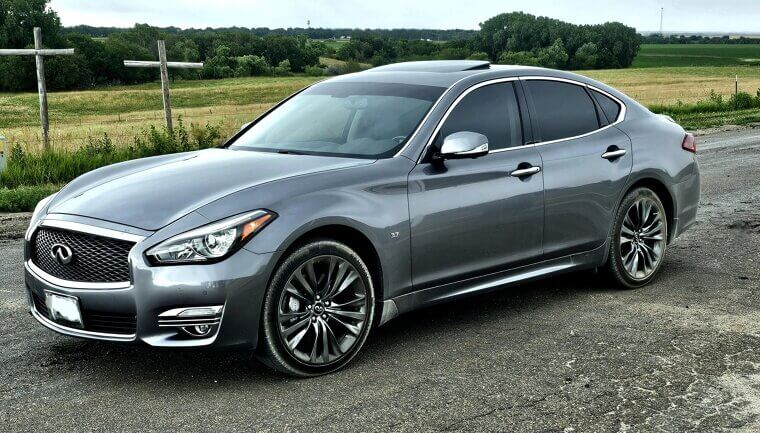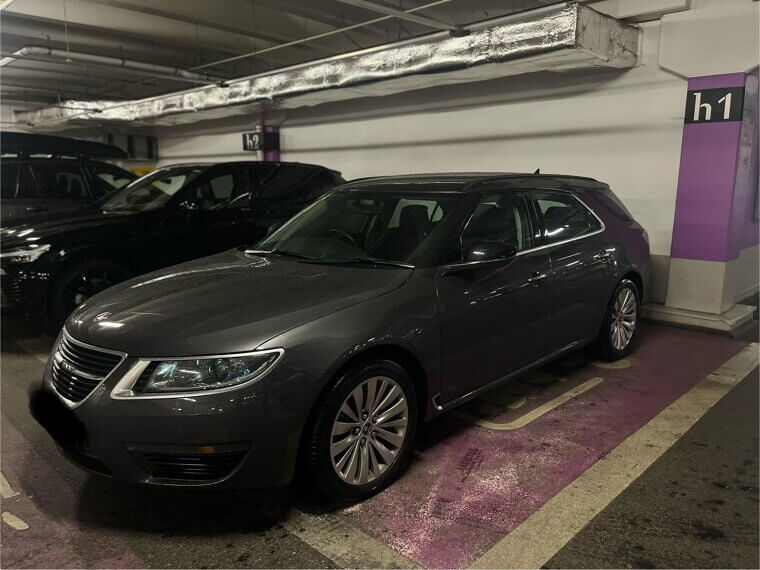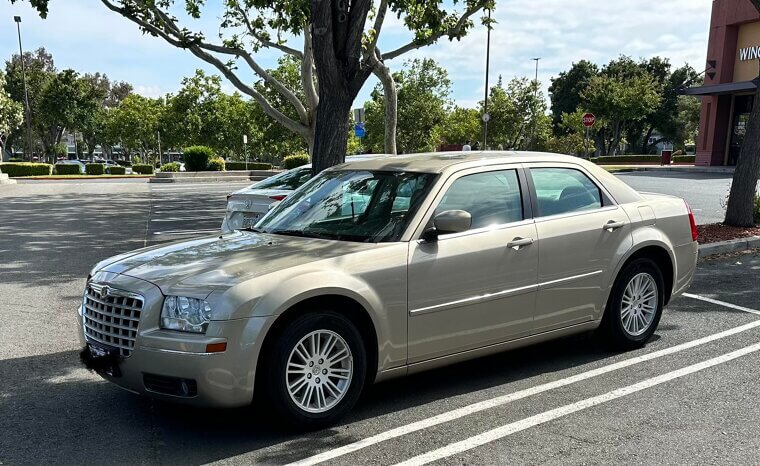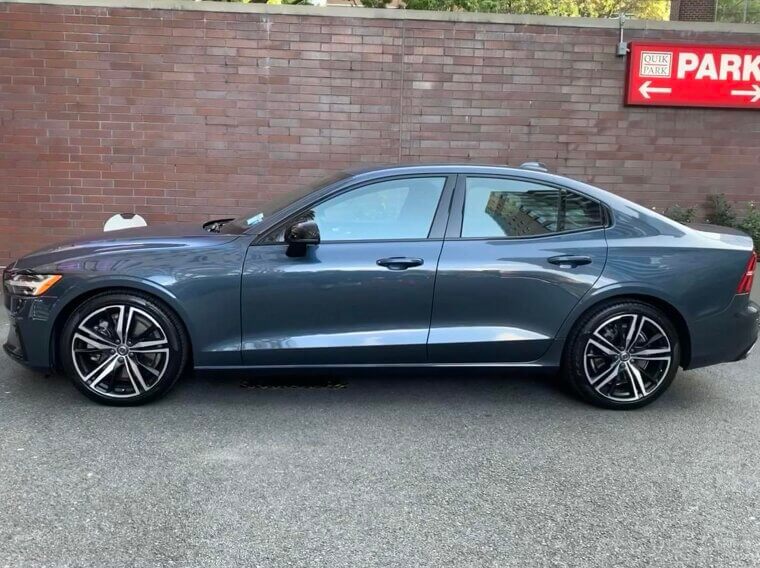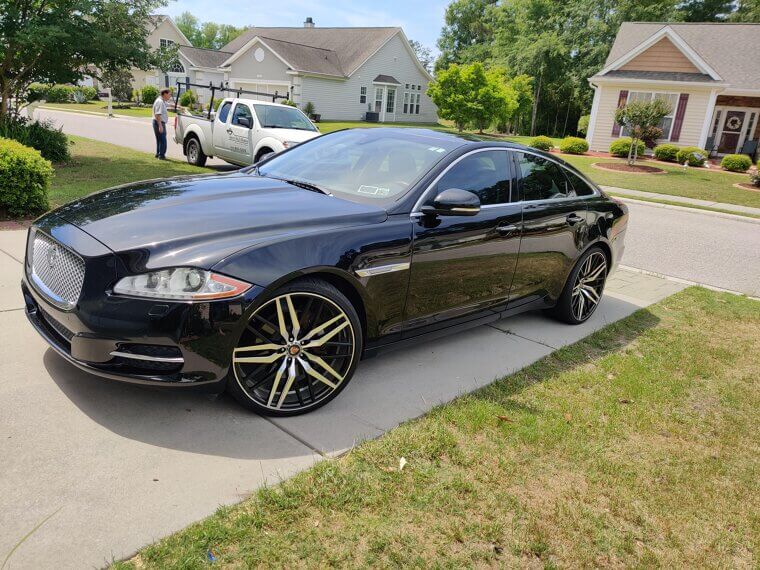Toyota Camry
The Camry has been going strong for around 40 years at this point, so it’s unlikely to stop anytime soon. That said, despite the vehicle’s immense popularity, many models have still depreciated heavily even 5 years after purchase, mostly due to the industry’s shift away from sedans to SUVs.
Kia Cadenza
Kia is hardly a prestige brand, but the Cadenza came at a prestige cost nonetheless. It wasn’t completely unearned, mind you, but Kia’s position in the market was never that strong to begin with, ultimately causing the Cadenza’s value to drop.
Ford Taurus
The Ford Taurus represents that classic American spirit of resilience. A long-running nameplate, its design remained largely unchanged, which ultimately caused it to feel dated. The used market is completely flooded with Taurus models, causing its value to plummet.
BMW 7 Series
Technologically advanced; divinely comfortable; luxurious and sublime - if you’re hauling your family around in a BMW 7 Series, we guarantee you they’ll never be unhappy with the experience. Your wallet, on the other hand, may begin to frown after 5 years, because despite being BMW’s flagship sedan, the 7 Series also loses most of its value with every subsequent release.
Honda Accord Hybrid
The hybrid version of the Honda Accord offered greater fuel efficiency than its base model, but it cost much more than most people were willing to pay. As well, the hybrid model meant repairs and maintenance were much more complex and costly, and the Accord Hybrid ultimately fares much worse than the regular trim in terms of value.
BMW 5 Series
Unfortunately for BMW, the 5 Series doesn’t fare much better either when it comes to depreciation. Despite being similarly luxurious and technologically advanced, the 5 Series also falls into many of the same traps as the 7 Series, mostly due to the complexity of its parts and atrociously high upkeep costs.
Volkswagen Passat
The Passat nameplate has been in use since the early 70s, and isn’t likely to vanish any time soon. That said, the VW brand as a whole suffered heavily after Dieselgate, affecting the appeal of many of its vehicles, the Passat included, ultimately causing that car’s value to decline.
Audi A6
Audi often gets mentioned in the same breath as BMW - the success of one brand guarantees the relevancy of the other. Unfortunately, both companies’ cars have many of the same issues, too, including terrible depreciation rates, which keep the A6 down.
Mazda 6
There’s no denying Mazda’s immense brand appeal, but it wasn’t enough to save the 6 from discontinuation due to the market’s shift towards SUVs. Use in fleets can also depress residuals, but the 6 is definitely still a great car.
Toyota Avalon
Toyota has always been consistent in its output, and although it doesn’t have the same prestige as, say, Mercedes-Benz or even Ford, it's respected almost universally. The Avalon is by no means a bad car, but as a full-size sedan, most people would rather opt for an SUV for more space and practicality, which hurts its value.
Audi A7
The A7 is often labeled as a coupe, but is still recognized as a sedan in many markets. Nebulous terminology aside, the A7 is a great vehicle, with incredible performance and loads of style. Unfortunately, that style comes at the cost of practicality, which severely hampers the A7’s used market prospects and ultimately cripples its value after 5 years.
Mercedes‑Benz S‑Class
Mercedes-Benz rounds out the Big Three alongside Audi and BMW. By now, you should already be noticing a correlation between prestige branding and steep value drop-offs. In any case, the S-Class is undoubtedly one of the industry’s best vehicles. It’s just a shame that it can’t hold its value for longer than 5 years.
Jaguar XF
The Jaguar XF was discontinued as recently as last year, and as time goes on, there’s a chance that its second-hand value may start to rise. As it stands right now, however, the XF suffers from weaker brand perception and abnormally high maintenance costs, which ultimately cripples its value after 5 years.
Maserati Ghibli
For our money, the Maserati Ghibli is one of the best-looking vehicles on this list, but Italian automakers have always had a knack for flair and style. Performance and handling, on the other hand, are a different story, as is value—the Ghibli unfortunately suffers from its niche appeal and loses over half its value after 5 years.
Cadillac CT6
Cadillac’s former flagship sedan, the CT6, is spacious, luxurious, and features semi-autonomous driving, which had put it ahead of other luxury sedans in terms of technological innovation. Unfortunately, Cadillac isn’t enormously popular outside of the US, and so the CT6’s appeal was, well, rather limited, stunting its value.
Infiniti Q50
Like the Jaguar XF, the Infiniti Q50 is no longer in production, but it had a fairly successful run while it was around, being praised for its blend of performance and style. Alas, it faced steep competition from the likes of more established brands, and despite Infiniti’s respectable pedigree, the Q50 ultimately couldn’t contend with its rivals.
Lexus LS
Despite not reaching the same level of prestige as some of the other luxury brands mentioned here, Lexus’ vehicles have been consistently impressive and actually fare better than most other luxury models in terms of depreciation. The LS is an exception to the rule, however, suffering from niche appeal and low demand.
Volvo S90
Volvo is held in high esteem by many car enthusiasts for its consummate, restrained sense of style and emphasis on comfort and practicality. The S90 is their flagship sedan, one which unfortunately suffers from Volvo’s lower brand strength in some markets. As well, Volvo SUVs tend to fare better overall.
Genesis G80
The Genesis G80 is by no means a bad car, just an underexposed one. It already struggles to find its place in a crowded market due to the Genesis brand’s newness, which has led to some hesitation from buyers, especially in the used market.
Chrysler 300
The Chrysler 300 was recently discontinued in 2023, but enjoyed a relatively successful run beginning in 2005. Despite its “American swagger” sense of style, it unfortunately fell victim to the market’s ever-shifting demands. Sedans—and especially luxury models—are in decline.
Nissan Maxima
The Nissan Maxima was as close as Nissan was going to get to luxury. It was their premium sedan, stylish and fully teched-out, but like many others, most buyers would prefer an SUV instead. As well, its high initial price ultimately did the vehicle a disservice, as its value is now negligible.
Chevrolet Impala
The Impala was one of Chevrolet’s longest-running nameplates, beginning in 1958 before being ultimately discontinued in 2020. That hasn’t at all affected the amount of used models, however, which has completely diluted the Impala’s value.
Hyundai Azera
The Azera was the precursor to the Genesis brand, serving as Hyundai’s flagship sedan until 2017. Unfortunately, it was also an omen of what that brand would be up against, since the popularity of sedans has been steadily declining, ultimately causing the Azera’s value to suffer greatly.
Ford Fusion
The Fusion was one of Ford’s most popular vehicles before its discontinuation in 2020. Since then, the used market has been flooded with Fusion models, ultimately diluting its value and reducing demand.
Honda Civic Sedan
Whoa there, hold the horses - isn’t the Civic renowned for how well it retains its value? Indeed, most Civic models hardly lose any value at all, but certain special trims and variations are especially susceptible to rapid depreciation due to more niche features and appeal, showing that even great sedans aren’t immune to losing value.
Nissan Altima
The Altima has been a staple of Nissan’s lineup for years now, but it’s not long for this world - 2025 is expected to be its final production year. Unfortunately, used Altimas aren’t likely to sell for much due to the highly competitive segment it's in, as well as the simple fact that people will want the new Nissan whenever it comes out.
Mitsubishi Galant
The Galant hasn’t been around for a while now, since 2012, but time hasn’t made its value any higher, for some reason. In fact, its current value is at a record low, so we hope you didn’t buy one of these during its final model year.
Subaru Legacy
When it comes to crossovers, Subaru maintains a strong market position. The same can’t be said for their sedans like the Legacy, whose… legacy… is one of low used market value.
Lincoln MKZ
Lincoln was once a top dog in the luxury market, but the brand’s appeal has diminished significantly. If you thought the depreciation for BMWs and Audis was bad, the MKZ is far worse due to the brand’s more limited appeal.
Acura TLX
The Acura TLX is a great car when bought new —an entry-level luxury vehicle that gives you a taste of what a premium ride is like. In the used segment, however, the TLX’s value is incredibly low, since most people will opt for a flagship model instead.
Infiniti Q70
The Infiniti Q70 was a great alternative to its German rivals, but unfortunately, the Infiniti brand is still much weaker, ultimately causing the Q70’s value to plummet.
Saab 9‑5
While the 9-5 was by no means a bad vehicle, Saab was in a bad place, and the company’s liquidation in 2016 meant that support for the vehicle was discontinued as well, leaving its value rather low.
Chrysler 300C
We’ve already discussed the 300 previously in this list, and the 300C suffered from many of the same issues to a worse extent due to its much higher entry price. The used market is also saturated with 300C models, which is driving their value even lower.
Volvo S60 Polestar
The Polestar was a limited-edition, performance-oriented version of the S60 whose value ultimately suffered from tech obsolescence. Simply put, more exclusive sedan models tend to do even worse than regular trims due to constant improvement in technology.
Jaguar XJ
Finally, the Jaguar XJ was Jaguar’s flagship sedan, a big, luxurious machine with high running costs and complex maintenance demands that ultimately stunted its value despite its overall good quality as a vehicle.

